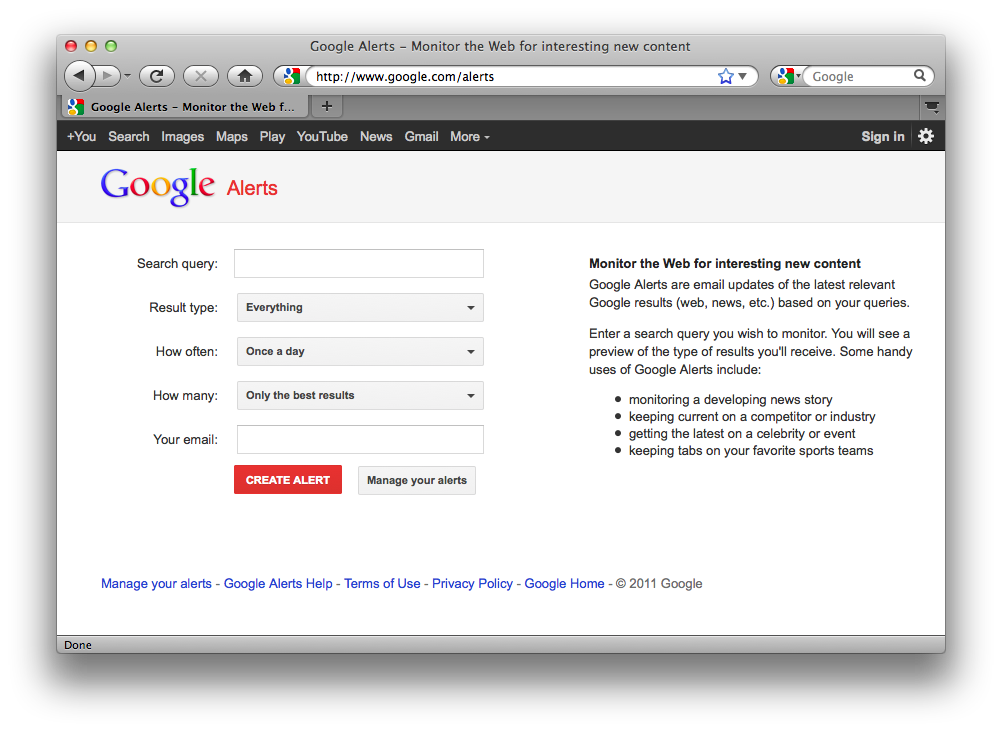The thought of going on an interview is enough to make some job seekers break out in a rash. One reason some get nervous is the fear of being asked something that they have not prepared for. And what about those really difficult questions? Many of us can recite the question we dread the most.
Well, here are six questions I have asked and *observed people stressing out.
1. "Why do you want to work here?" - I want to know your interest level in this position, with this company. Is this just one of many places where you've applied? I would rather hire someone with a genuine interest in the company than someone just looking for that next paycheck. The truth might be that you want this job because it pays more or simply because you're unemployed. Although that is completely fine and understandable, that's not a good way to make a good impression.
Research the company and do your homework before your interview, point out positive things about the company and why these items interest you. In the end, employers want to know that you can fulfill a need of theirs, so balance your response with what you can do to address their need.
2. "Why should we hire you over another candidate with comparable experience?" - Here's your chance to sell me on your skills and abilities. Don't make the mistake pointing out why they shouldn't hire someone else. Focus on why they should hire you, on what you can bring to the position. Don't bash the other candidates, even if they are unknown to you.
3. "What is your biggest weakness?" - How do you tell a potential employer about your weaknesses and not damage your chances to be hired. The truth is, we all have weaknesses, even the person interviewing you. Talk about one weakness honestly and briefly. Add ways you are trying to overcome this weakness. Two more important things to keep in mind: you must answer this question, not answering it will hurt your chances considerably; don't give me one of those "my only weakness is I work too hard" or "Is it a weakness to care too much?", that's worse than not answering the question.
4. "Why do you want to leave your current employer?" - There is clearly a reason, don't hide it. Be honest. But, again, don't talk negatively about your currently company or manager.
5. "Tell me a little about yourself" - This very common question is asked in many different ways. Keep your answer brief. Do not just recite your resume. This is your interview "elevator speech", tell me how you got to this point in your career; tell me what I need to know about you.
6. "Tell me about a time when..." - Behavioral interview questions help the interviewer get at how you might respond to specific scenarios. The best way to answer these questions is to tell me about a specific time. Tell a story. Where were you? What was the situation? Don't answer these types of questions with how you feel about it. Tell me specifically what happened.
For instance, you might be asked, "Tell me about a time when you were assigned to work on a team with co-workers from other departments?" An incorrect response might be, "I always work well with teams. I find that I do my best work in teams." A much better response might start something like, "While I was an analyst at ABC Corp. I was asked to join a project team tasked with creating a new customer communication page on our web site. This project gave me the opportunity to work with many people I had not yet even met..."
The key to making these questions less stressful is preparing for them. Write out potential interview questions and some key points you'd like to get across in your responses. Once you've done that, rehearse your responses.






 A resume by any other name is still a resume. Even if it's the dreaded résumé or, worse, resumé. I'd rather you call it a curriculum vitae, even though 99.99% of curriculum vitaes are really just resumes.
So, what's the correct way to spell it?
A resume by any other name is still a resume. Even if it's the dreaded résumé or, worse, resumé. I'd rather you call it a curriculum vitae, even though 99.99% of curriculum vitaes are really just resumes.
So, what's the correct way to spell it?




A job fair can be an effective way to meet hiring managers and recruiters in your community and learn about many job opportunities in one day. If you are prepared and use your time wisely, you can walk away with many strong job leads. Many job seekers make careless mistakes that can hurt their chances of success at a job fair. Here are 16 simple tips to make your next job fair a success.